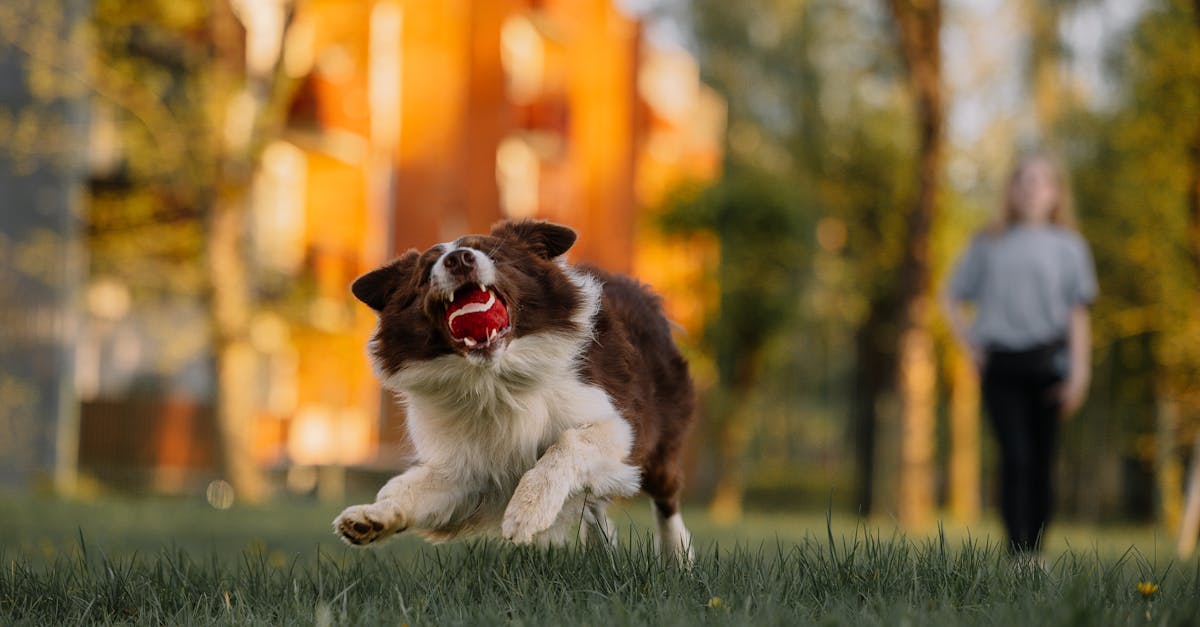Why Does a Dog Eat Grass: Unveiling the Reasons and Solutions
Ever noticed your furry companion munching on grass during your daily walks? It’s a common sight that often leaves many pet parents puzzled. Dogs, our loyal companions, sometimes exhibit quirky behavior that can leave us scratching our heads. One of these curious habits includes their occasional nibbling on grass. While it may seem odd at first, there are various reasons why your canine friend may indulge in this green snack.
For dog owners, understanding the motivations behind why dogs eat grass can provide insights into their pet’s behavior and well-being. Whether it’s a natural instinct, a dietary need, or simply a way to alleviate an upset stomach, the reasons behind this behavior can be as diverse as our furry friends themselves. So, the next time you catch your dog grazing on the lawn, remember that there might be more to this behavior than meets the eye.
Understanding Canine Behavior
The Mystery of Grass Eating
If you’ve ever wondered why your furry friend grazes on grass, you’re not alone. Dogs eating grass is a common behavior that can leave pet owners puzzled. While it may seem unconventional, there are several reasons why your dog might nibble on greens.
Natural Instincts and Ancestral Behaviors
Dogs’ ancestors were hunters and scavengers, often consuming plant material along with their prey. Eating grass could be a leftover trait from this ancestral behavior, ingrained in your dog’s genes. It might also serve a purpose in helping to maintain their digestive system.
With these insights into canine behavior, you can better understand why dogs engage in grass-eating habits.
Common Theories Behind Grass Eating
Nutritional Deficiencies in Dogs
Some experts believe that when your dog eats grass, it could be a sign of nutritional deficiencies. If their diet lacks essential vitamins or minerals, they may instinctively seek out grass as a source of those nutrients.
Self-Medication and Digestive Aid
Another theory suggests that dogs may eat grass as a form of self-medication. It’s thought that the roughage in grass can help dogs with upset stomachs by inducing vomiting or aiding digestion. This behavior might be their way of soothing their digestive system.
Taste and Texture Preferences
Some dogs simply enjoy the taste or texture of grass. For them, it could be a satisfying sensory experience. Whether it’s the freshness of the grass or the crunchiness they enjoy, this theory suggests that dogs eat grass simply because they like it.
When Grass Eating Might Be a Concern
Frequency and Intensity of Grass Eating
If your dog occasionally nibbles on grass without any adverse effects, it’s usually nothing to worry about. However, if you notice a sudden increase in the frequency or intensity of grass eating, it could signal an underlying issue. Keep an eye on how often your dog is eating grass and how much they consume to determine if there’s a cause for concern.
Recognizing Signs of Illness
Excessive grass eating can be a red flag for various health issues in dogs. Watch out for symptoms like vomiting after eating grass, diarrhea, lethargy, bloating, or any other unusual behaviors. These signs could indicate digestive problems, dietary deficiencies, or other medical conditions that require veterinary attention. If you notice any concerning symptoms alongside frequent grass eating, it’s essential to consult your veterinarian for a proper evaluation and guidance.
Addressing Excessive Grass Eating
Dietary Adjustments for Your Dog
If your dog is eating a lot of grass, you can try adjusting their diet. Sometimes, dogs consume grass due to a lack of fiber in their food. You can switch to a high-fiber diet for your furry friend to see if this reduces their urge to eat grass. Adding vegetables like green beans or carrots to their meals can also increase fiber intake.
When to Consult a Veterinarian
It’s important to monitor your dog’s grass-eating habits. If you notice a sudden increase in the amount of grass they are consuming or if they show signs of distress like vomiting, diarrhea, or lethargy, it’s time to consult a veterinarian. These symptoms could indicate underlying health issues that need professional attention. Keeping an eye on their behavior and seeking veterinary advice when needed is crucial for your dog’s well-being.
Conclusion
So, there you have it – dogs eating grass can stem from a variety of reasons, ranging from instinctual behaviors to potential dietary needs. It’s essential to keep an eye on your furry friend’s grass-eating habits and make adjustments if needed. Remember, if you notice any unusual symptoms or a sudden increase in grass consumption, it’s best to seek guidance from a vet. Your pup’s well-being is a top priority, so stay vigilant and proactive when it comes to their health. Happy dog, happy life!
Frequently Asked Questions
Why do dogs eat grass?
Dogs may eat grass due to natural instincts, dietary needs, or ancestral behaviors.
Should I be concerned if my dog eats grass?
Not necessarily. Occasional grass eating is normal, but monitor your dog for any signs of distress or sudden changes in behavior.
What should I do if my dog eats grass excessively?
Consider adjusting their diet, providing more fiber or vegetables. Consult your vet if the behavior persists or leads to health issues.

